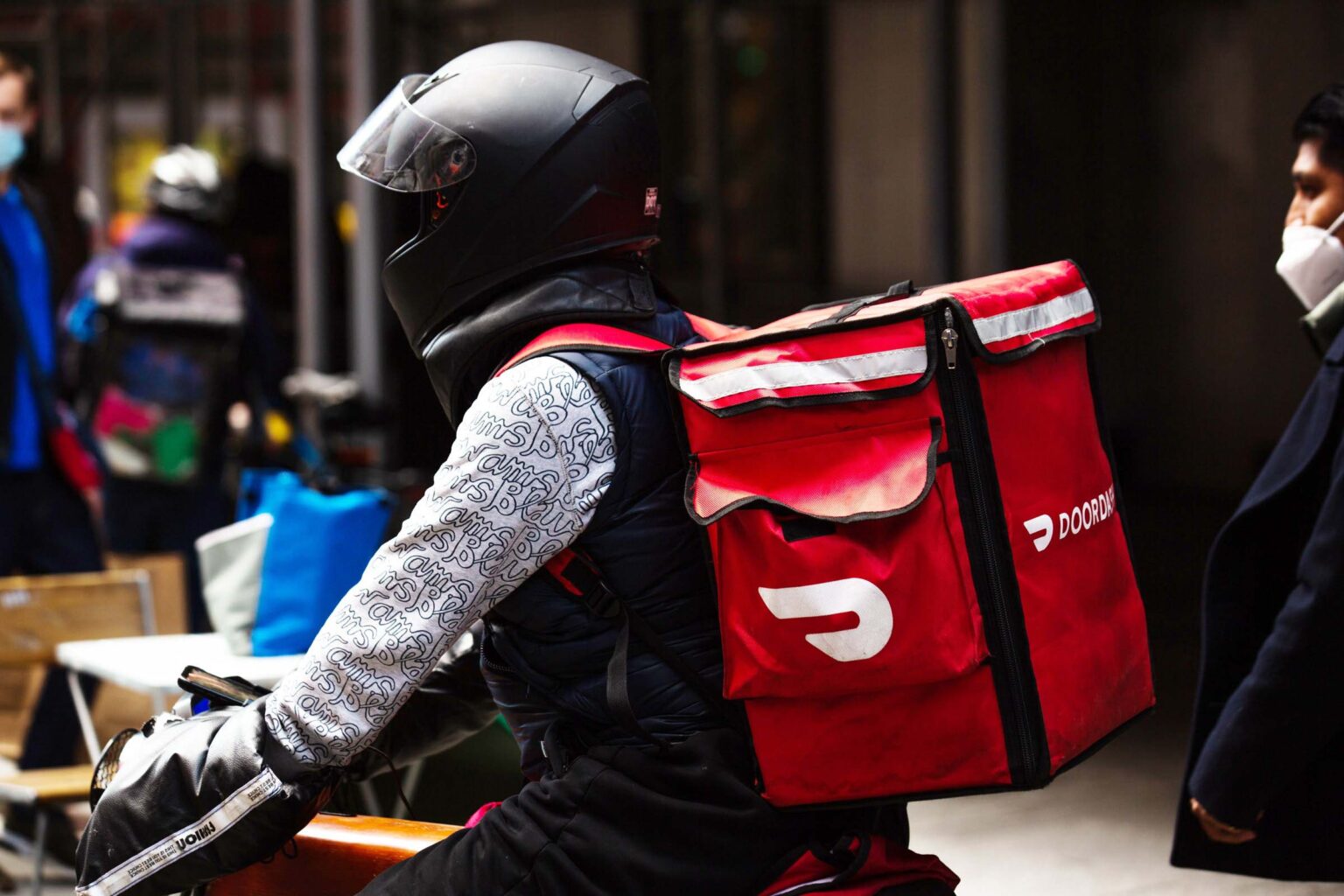
Why is the app DoorDash suing New York City?
The war between New York City & DoorDash rages on.
The makers of the popular food delivery app have launched their latest lawsuit against New York City this week. DoorDash is going to battle the United States’ most populous city over a new law requiring food delivery companies to share customer data with restaurants.
This is the second lawsuit DoorDash has levied against the city in a week. Many food delivery app companies have come under fire for their practices amid massive market growth during the COVID-19 pandemic.

New York City suit
DoorDash’s latest lawsuit against the city of New York says that the new law requiring the app to share customer data violates privacy. The San Francisco-based DoorDash argues that requiring customer data sharing would violate its constitutional rights.
DoorDash’s privacy policy reserves the right to collect & share the personal data of its customers. The company may already share customer data with third-party companies like advertisers & analytics services.
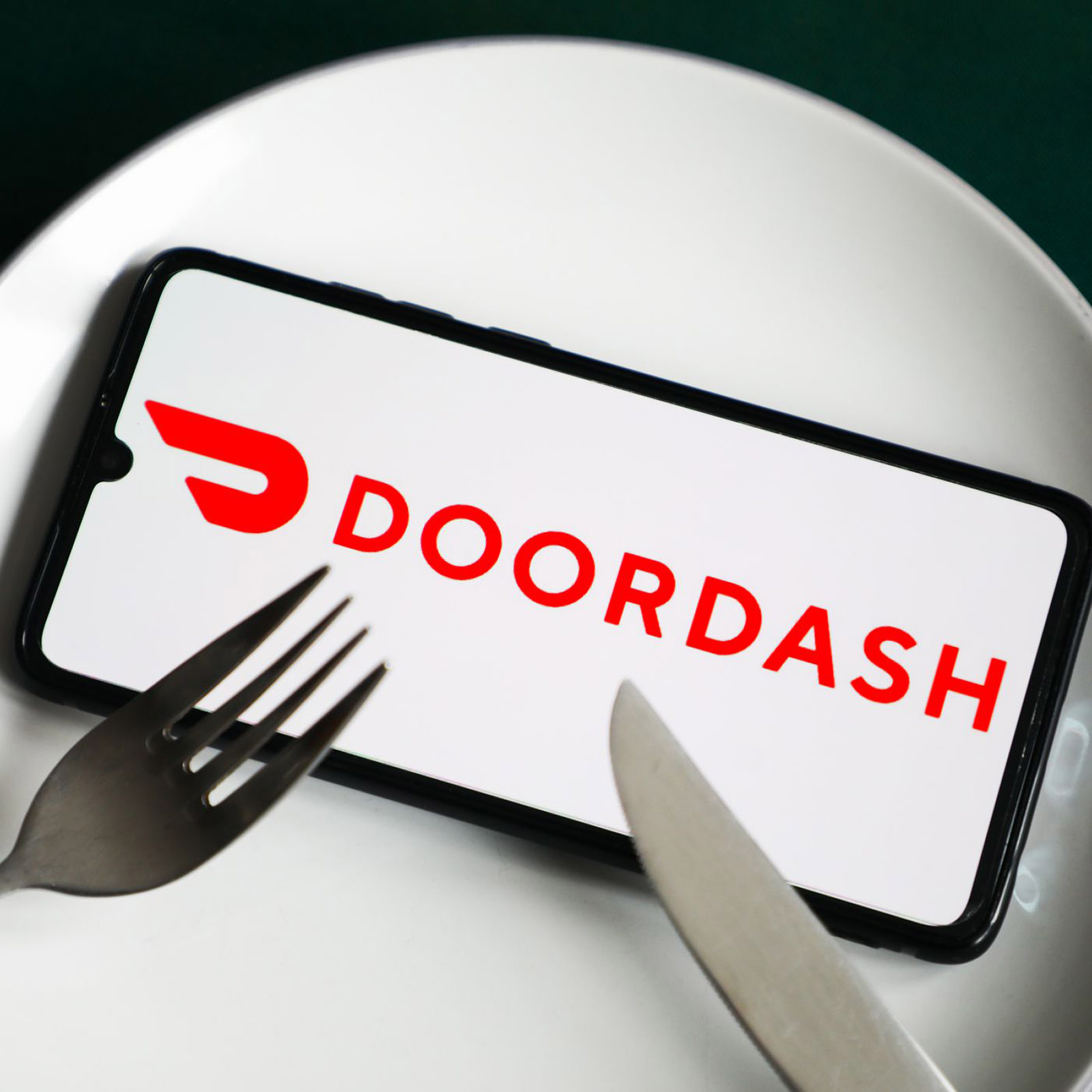
Despite their own sharing of information, the app maker claims that sharing this information with restaurants would make the customer’s data vulnerable. The suit alleges that restaurants don’t have robust security in place to protect this data, suggesting that immigration authorities or hate groups could exploit it.
The Electronic Frontier Foundation, an international non-profit that protects individuals’ digital rights, issued a statement on the issue. While it applauded the goal of leveling the playing field between businesses in a difficult time, it opposed the measure, saying the law “sets up a ripe target for hackers and data thieves who want to exploit [the customers’] information”.
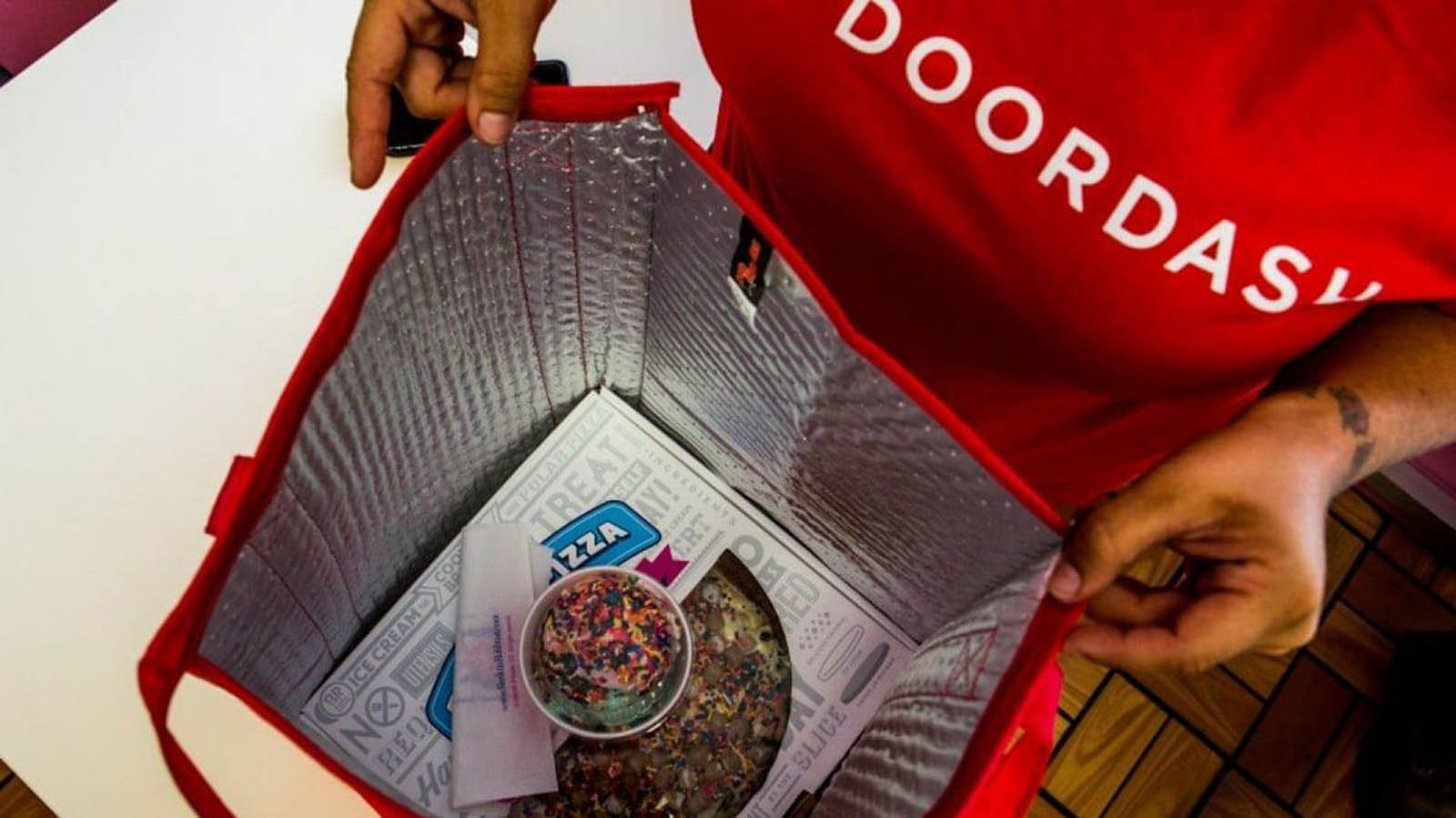
Another one
This customer data lawsuit is only the latest in the legal war DoorDash is waging against New York City.
The City Council recently voted to cap the fees that delivery companies can charge restaurants. This is a permanent extension of a temporary measure passed in the early days of the COVID-19 pandemic when many turned to delivery apps to support their favorite local restaurants.
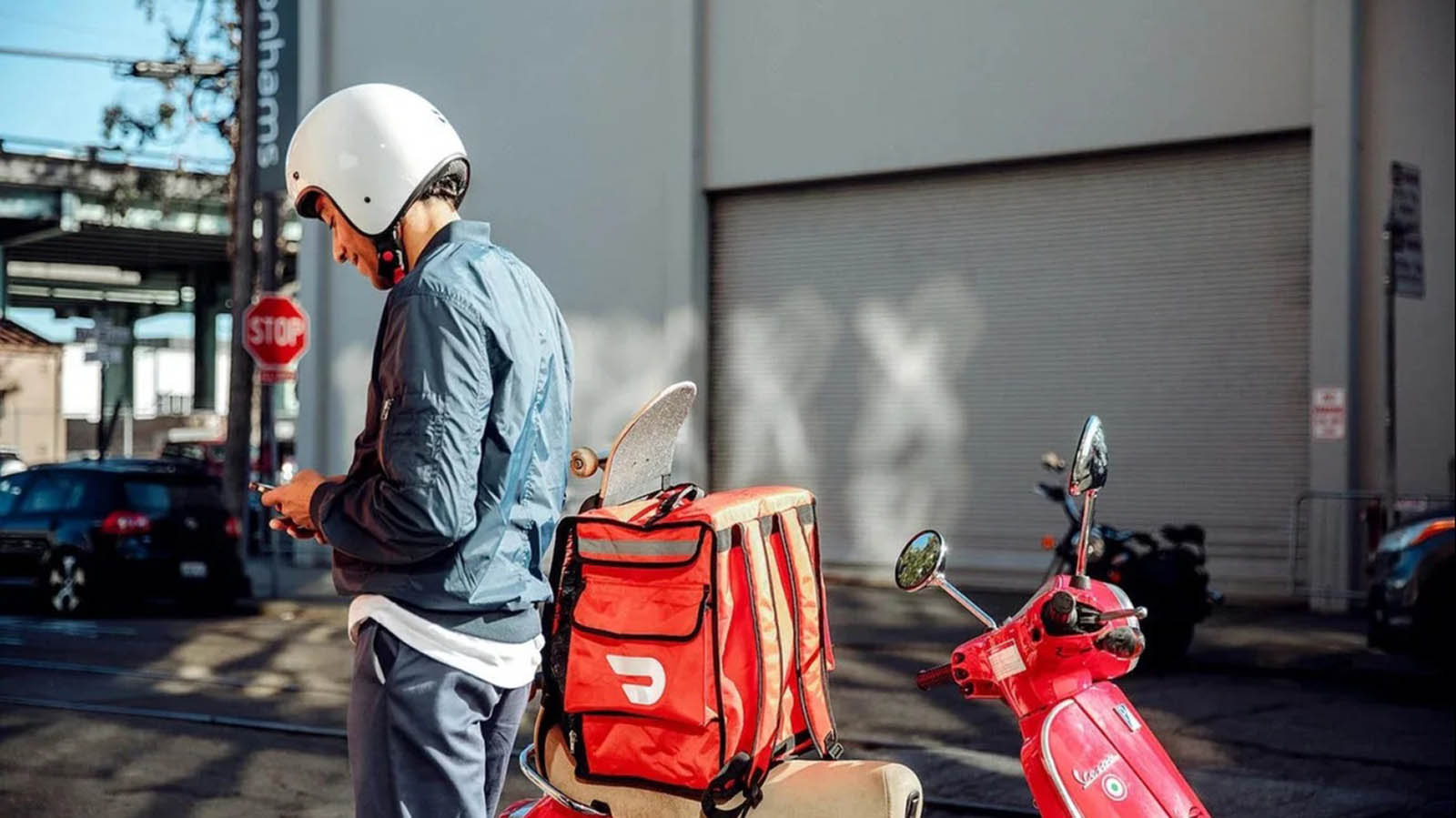
The City Council also passed a measure that would force delivery app companies to obtain a license from the Department of Consumer and Worker Protection every two years. This would allow the city more power to revoke or suspend those licenses if companies violate regulations. Mayor Bill de Blasio has not yet signed the bill.
DoorDash, Grubhub, and Uber Eats have sued New York City over the limit on fees. The app makers allege that the measure has cost them millions of dollars. Despite these companies crying poor, their profits have more than doubled during the pandemic. Despite this increase in profits, many of these companies aren’t actually profitable.
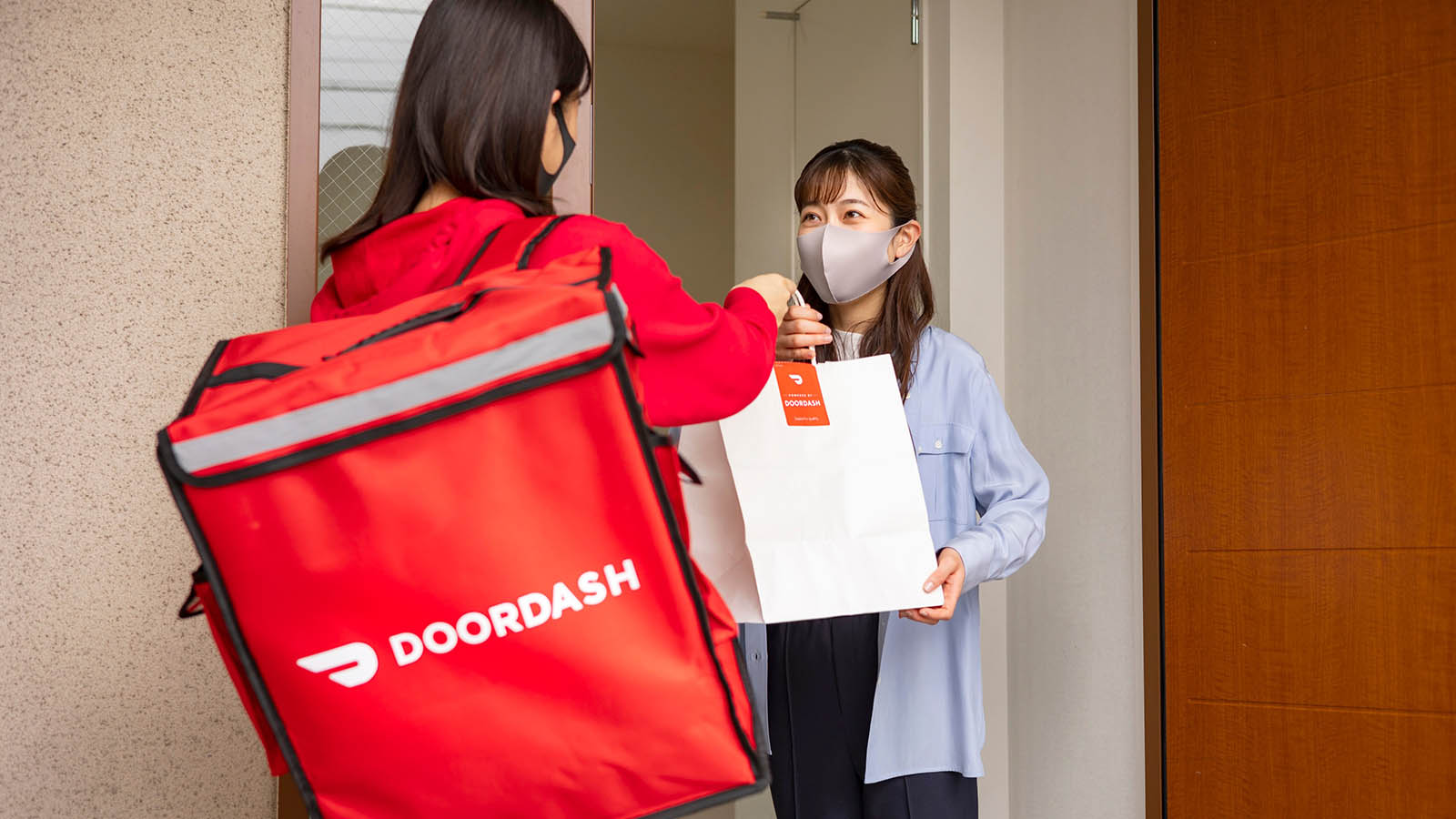
And another one and another one…
DoorDash & Grubhub sured San Francisco this summer over caps on fees. The city was the first in the nation to approve a permanent cap on fees at fifteen percent.
The app makers argue that imposing “permanent price controls” is harmful & unconstitutional. Many restaurants supported the city’s bill, claiming the delivery services were demanding as much as twenty-five to thirty percent.
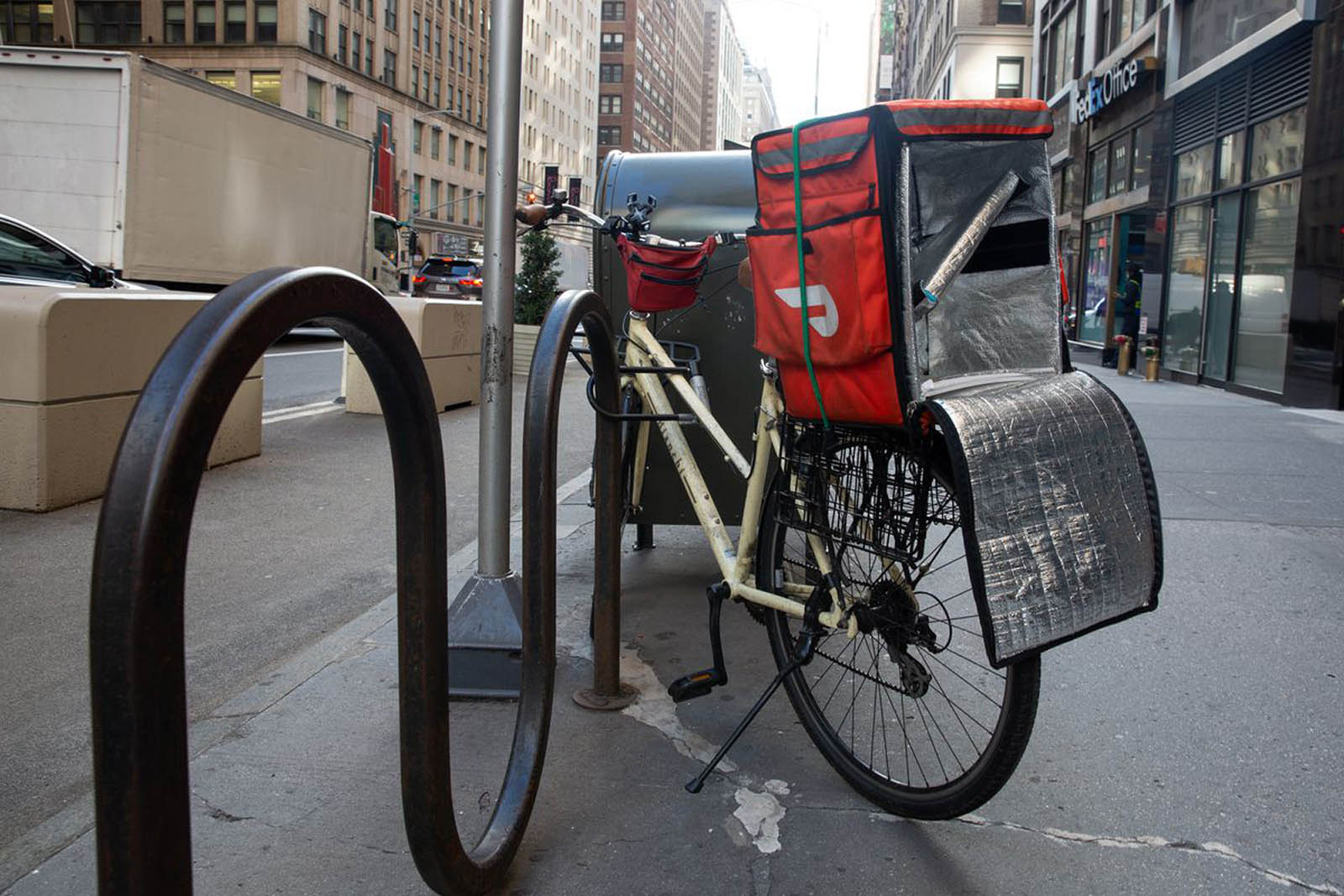
The city of Chicago has also entered into the legal battle against DoorDash & Grubhub. Chicago filed a lawsuit against the delivery platforms, accusing them of various bad business practices. The city has claimed that DoorDash pocketed customer tips instead of paying them out to delivery drivers.
Chicago also took aim at DoorDash’s practice of charging a “Chicago fee”, which the city argued misled customers into thinking it was charged by or went to the local government. DoorDash also listed prices higher than what the restaurant actually charged, pocketing the difference.
—
What do you think about this lawsuit? Let us know in the comments below!







